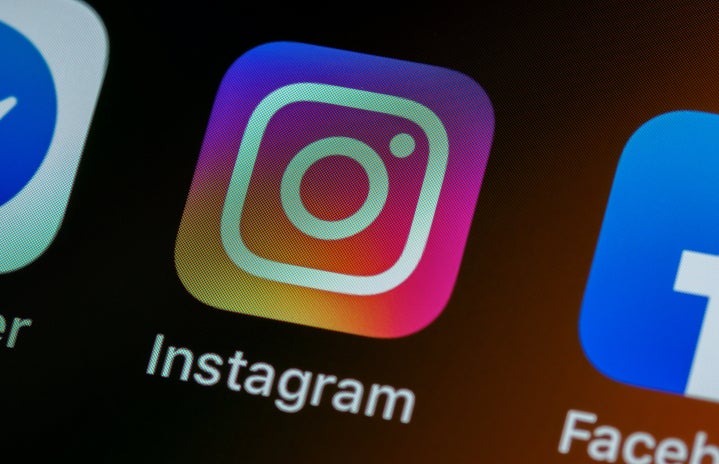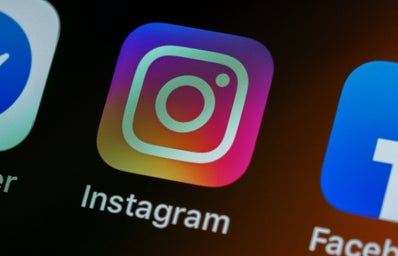In recent years the term “body positivity” has gained much traction, and a new wave of models such as Iskara Lawrence, Ashley Graham and Winnie Harlow have disrupted the world where white, thin models are glorified as the Gold Standard of the female form. Although the fore-mentioned women have undoubtedly made important progress in challenging the stereotype of ‘beauty’ which has been so accepted for so long, I would argue there are smaller, more inclusive voices which deserved to be amplified.
My personal introduction to this movement was back in (the innocent years of) 2015, with the incredible team of Lily Mandlebaulm and Elisa Goodkind, a mother-daughter duo who ask people to undress, item by item, as questions become more intimate, in their StyleLikeU YouTube videos. Many of these people, it transpires, have lived lives governed by disordered eating, and issues with their bodies. I think the influencers that are focused on here are important to follow; their body positivity is not image-based, their “journey to self-acceptance” is told, as their own narrative, not photographed in a condensed Instagram context (although there is undoubtedly power in this too). There is no element of romanticisation, these people of all genders and sexual inclinations and ethnicities have had to truly work hard, consistently to get to wherever they are. Some notable interviewees include Naomi Shimada, now a ‘plus -size model’, Rain Dove who challenges the gendered stereotypes of the body and Michaela Angela Davis who talks about the danger body confidence poses for white-supremacist and ageist America.
Another excellent and ever-fruitful resource is Deborah Frances-White and her revolutionary “The Guilty Feminist Podcast”. Deborah Frances-White, is adamant that diet-culture is designed to shrink women, asking them to take up less space, and silencing their voices. Together with Sofie Hagan, they talk about the multi-million dollar industry designed to shame people into buying their product. Sofie Hagan is a fat activist, and comedian, and has done a recent Ted Talk: ‘You can be fat and Happy’ – discussing the subversive notion of being fat, confident and (God forbid) happy. An important message for people of all sizes. These people advocate for body confidence as a means to an ends- a means of women continuing to challenge patriarchal capitalism so as to find their voice.
Jameela Jamil, is also one to watch. Her Instagram account @i_weigh subverts the notion of women’s value being the number on a scale. Instead she promotes images of women telling the story of how much their, lives, experiences and relationships weigh. Most recently: “I weigh: daughter of immigrants, weightlifter, intersectional feminist, introspection, big sister…”.
I think in an aesthetically driven society, where image seems to be all encompassing, the most rebellious notion now, would be to consider body positivity as a start, with body neutrality, and pure acceptance towards whatever our bodies want to be as end game. Appreciating our bodies and being grateful for any privilege they may afford us is, of course, needed. However once we overcome what has become somewhat of a personal barrier for so many people, we can start to focus on change where it matters – and I believe the people above are the voices who want this to happen.



